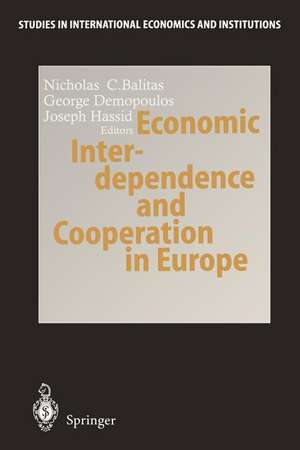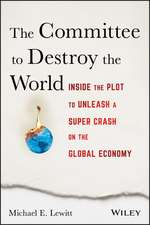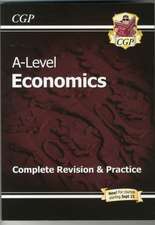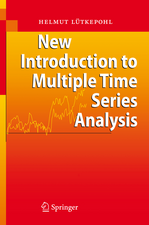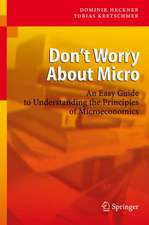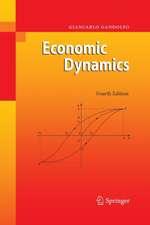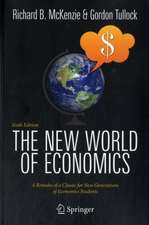Economic Interdependence and Cooperation in Europe: Studies in International Economics and Institutions
Editat de Nicholas C. Baltas, George Demopoulos, Joseph Hassiden Limba Engleză Paperback – 23 dec 2011
Preț: 636.30 lei
Preț vechi: 748.59 lei
-15% Nou
Puncte Express: 954
Preț estimativ în valută:
121.75€ • 127.12$ • 100.77£
121.75€ • 127.12$ • 100.77£
Carte tipărită la comandă
Livrare economică 05-19 aprilie
Preluare comenzi: 021 569.72.76
Specificații
ISBN-13: 9783642721137
ISBN-10: 3642721133
Pagini: 212
Ilustrații: VI, 200 p.
Dimensiuni: 155 x 235 x 11 mm
Greutate: 0.3 kg
Ediția:Softcover reprint of the original 1st ed. 1998
Editura: Springer Berlin, Heidelberg
Colecția Springer
Seria Studies in International Economics and Institutions
Locul publicării:Berlin, Heidelberg, Germany
ISBN-10: 3642721133
Pagini: 212
Ilustrații: VI, 200 p.
Dimensiuni: 155 x 235 x 11 mm
Greutate: 0.3 kg
Ediția:Softcover reprint of the original 1st ed. 1998
Editura: Springer Berlin, Heidelberg
Colecția Springer
Seria Studies in International Economics and Institutions
Locul publicării:Berlin, Heidelberg, Germany
Public țintă
ResearchCuprins
I: Historical Background of a Monetary Union.- 1. The Financial History of the Ionian Islands in the 19th Century: Lessons from the Past?.- II: Transitional Economics: Theoretical and Institutional Issues.- 2. Rents as Distractions: Why the Exit from Transition is Prolonged.- 3. Transformation Process Five Years On: Behavioural Adaptation and Institutional Change in Poland.- III: Transitional Economics: Macroeconomic and Monetary Policy.- 4. Macroeconomic Stability and the Transition Process.- 5. Macroeconomic Stability and How to Avoid the Frequent Use of Stabilization Therapies.- 6. Problems of Transition in the Monetary Sector: The Bulgarian Experience.- IV: Competition Policy, Internal Market and Trade Policies in the CEECs.- 7. Competition Policy and Integration: Levelling or Tilling the Playing Field?.- 8. The Operation of the Internal Market and Approximation to Internal Market Legislation by CEECs.- 9. Integration, Trade Policies, Factor Movements and the European Competitive Order: Problems of CEEC-Accession to the EU.- V: Sectoral Issues in the Integration of CEECs into the EU.- 10. Inward Investment and the Need for Industrial Strategy in Central and Eastern Europe.- 11. Agricultural Issues in the Integration of CEECs in the EU.- List of Contributors.
Caracteristici
Economic integration under close scruting. Examination of economic and political inefficiencies in the transition process of Central and East European countries. Is the hypothesis of mutual benefits from international trade and investment for countries in transition valid?
